Flomax AlternativesFlomax (Tamsulosin) is an alpha-blocker medication given by a doctor. According to statistics, 33% of men over 50 have enlarged prostates, and over 90% of men have this problem by age 85. This means they are a hazard to the sensory system's alpha-adrenergic component. This medical problem affects the personal pleasure of around 14 million men in the United States and 30 million worldwide. This problem can be readily remedied with a proactive approach. Nonetheless, while doctors recommend Flomax more commonly than any other prostate medicine, it can have several adverse side effects, including erectile dysfunction, incontinence, and abrupt loss of consciousness. Fortunately, we shall look at a few normal Flomax alternatives in this post. What is Flomax?Flomax is an alpha-blocker medication frequently prescribed to address the negative symptoms of an enlarged prostate. Alpha-blockers operate by relaxing the muscles around your urethra and bladder sphincter. It facilitates peeing by keeping them flexible all the time (as long as the prostate isn't too enlarged). When discussing Flomax and other standard BPH choices and prescriptions, it is critical to emphasize one factor at the outset. Alpha-blockers, such as Flomax, alter the behavior of the hormones adrenaline and noradrenaline and relax muscles, reducing negative effects. Flomax is classified as an alpha-blocker since it specifically targets the urinary tract and affects various muscles in the body. These medications make it easier for men to pee. As a result, to treat, make do with, or reduce the severity of side effects you suffer. They do not shrink the prostate size and may continue to grow. Negative Impact of FlomaxTamsulosin is another name for Flomax. Every drug we take has the potential to produce negative effects, and Flomax is no exception. Some people may suffer the following side effects after using the medication. Flomax has a vast number of negative effects, some of which are listed below:
Before using Flomax, consult your doctor or healthcare provider about the potential adverse effects. (Hydrochloride tamsulosin). Take the dose advised by your doctor to minimize the chance of adverse effects. Avoid making changes to the dose on your own. This and other medications are the focus of clinical trials and other sorts of research to help individuals control their symptoms. Alternatives of FlomaxFlomax tamsulosin is not the only alpha-blocker available; it is not the only medication that can treat prostate enlargement. Other BPH alpha-blockers include option-specific alpha-blockers. Specific alpha-blockers like Flomax can reduce pulse but not as much as nonselective alpha-blockers. 1. Doxazosin (Cardura)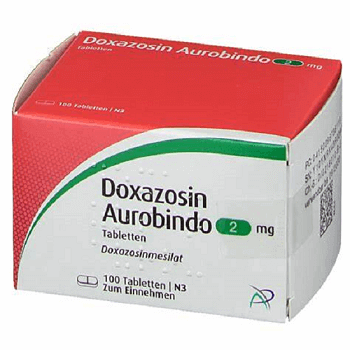
Doxazosin is primarily used to treat the symptoms of BPH (Benign Prostatic Hyperplasia) in males. However, it is also used alone or in combination with other drugs to treat hypertension. This drug is available in tablet form and is marketed under the brand names Cardura and Cardura XL[v]. It is less expensive. Thus, it may be better suitable for guys with fewer financial resources. 2. Terazosin (Hytrin)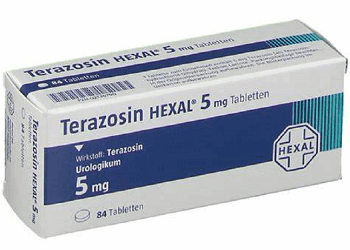
Terazosin, also known as Hytrin, is an alpha-blocker that cures the symptoms of hypertension and enlarged prostate. Like other similar medications, Hytrin relaxes veins and muscles in the prostate and bladder neck, making it easier for a man to pee. Like the previously mentioned medication, this is a less-priced alternative to Flomax. 3. Finasteride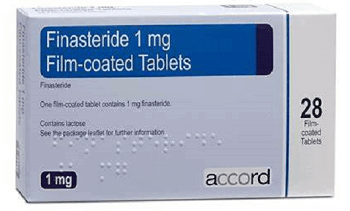
Finasteride 5mg is effective at treating adverse effects and delaying the progression of BPH. Finasteride 1mg temporarily stops males with androgenetic alopecia from turning bald (male example sparseness). Sexual dysfunction has been reported in less than 10% of men who use finasteride. Endorsed for Non-Hazardous Prostatic Hyperplasia, Orientation Attesting Chemical Treatment, and Androgenetic Alopecia. Finasteride may also be used for uses not included in this examination guide. Finasteride has a 4.5 out of 10 average ratings based on 271 reviews on Drugs.com. 32% of commenters reported a positive outcome, while 52% reported a negative outcome. 4. Alfuzosin (Uroxatral)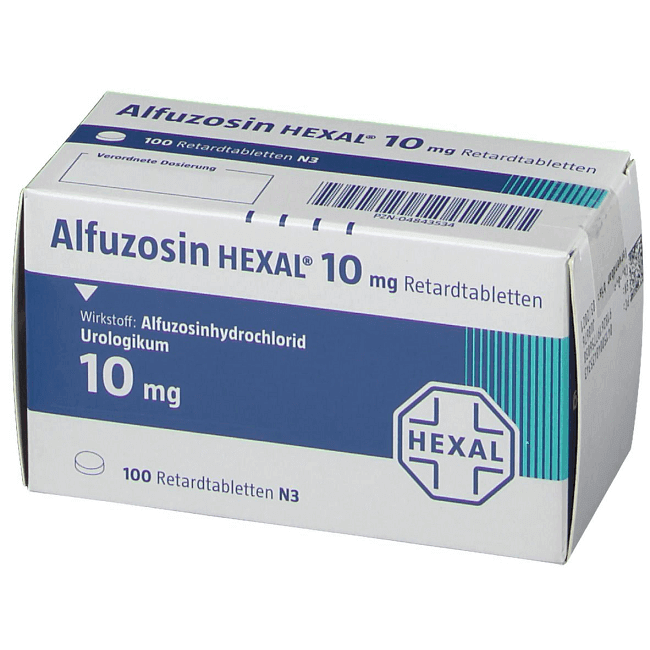
Alfuzosin, also known as Uroxatral, is an alpha-blocker used to alleviate an enlarged prostate's adverse symptoms. Like other drugs in its class, Uroxatral works by relaxing the prostate and bladder neck muscles, making it easier to pee. Although the drug was protected in 1978, it was first approved for clinical usage in 1988. In 2003, the United States approved it for the treatment of BPH. 5. Silodosin (Rapaflo)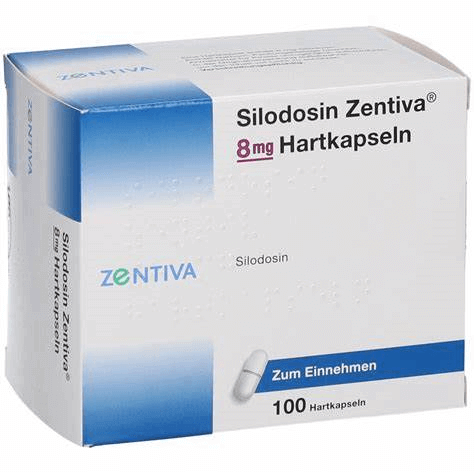
Silodosin, marketed under the trade name Rapaflo, is a prescription medication that belongs to a family of alpha-blockers used to treat BPH. It is only approved for treating BPH and has the same capabilities as other drugs in this class. Rapaflo should not be used by men who have renal or liver disease. 6. Tamsulosin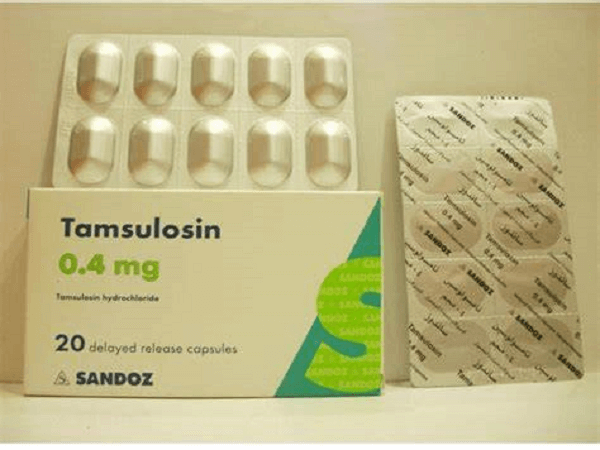
Tamsulosin helps with BPH side effects, including urine stream, reluctance, and fragmented bladder purging. However, it may reduce pulse while moving from sitting to standing, which may increase the risk of falling. Tamsulosin has a rating of 5.7 out of 10 based on 483 reviews on Drugs.com. 39% of comments showed a positive outcome, while 34% revealed a negative outcome. Other Drugs for Treating BPHFlomax is the most well-known prescription for BPH, although it is not the only one. The entire class of alpha-blockers isn't the best medicine for treating urinary side effects. Below are several Flomax alternatives that might help a guy improve his fulfillment. 1. Phosphodiesterase-5 Inhibitors Even though phosphodiesterase-5 inhibitors are mostly used to treat erectile dysfunction, they can also help men with an enlarged prostate. They are occasionally used with other BPH drugs to treat erectile dysfunction and other side effects. You've probably heard a lot about these drugs; their visual names will sound natural to you. This family of medicines includes sildenafil (Viagra) and tadalafil (Cialis). 2. 5-Alpha-Reductase Inhibitors 5-alpha-reductase inhibitors are a family of drugs specifically designed to alleviate the adverse effects of BPH but may also treat male issues such as baldness. These drugs prevent the body from converting testosterone into DHT (dihydrotestosterone). Why? This is because DHT can stimulate the growth of the prostate, which presses on the urethra, making it difficult for a guy to urinate properly. Finasteride, Proscar, and Dutasteride are excellent examples of this drug family (Avodart). These, like other medicines, can cause various adverse reactions, including erectile dysfunction (ED), low charisma, and ejaculatory difficulties, among others. Drug CombinationsIdeally, one drug would suffice, but this only sometimes happens. When one medicine is insufficient, the doctor may recommend a combination of medications. Typical drug combinations include:
Try not to join drugs on your own. The physician should recommend a fair combination and discuss the benefits and risks with the patient. This way, you can avoid erectile dysfunction, which is common in individuals with BPH. Other Medical Treatments for BPHIn addition to medications, procedures are used to treat developed prostates. The concern with nearly all of the intrusive methods used to treat BPH is that they injure the prostate, resulting in short- or long-term effects. The key distinction between them is that they use various innovations, although it doesn't matter how you destroy the prostate; it will be damaged one way or another. Before undergoing medical treatment, please thoroughly evaluate and consult your primary care physician about the likely results and their impact on personal happiness. Natural Alternatives of FlomaxIn addition to the recommended prescription, you might want to try several over-the-counter Flomax alternatives that have been used for a long time to treat prostate-related conditions like BPH. So, below, you can find the finest natural remedies for an enlarged prostate. 1. Saw Palmetto Berry Herb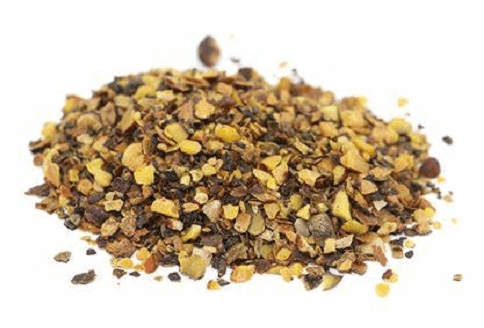
According to French scientists, this well-known spice is one of the most amazing conventional alternatives to Flomax. Additionally, it reduces 65% of indicators for persistent prostate deterioration. The drug only reduced the biomarkers by 46%, which is a respectable sum. Additionally, saw palmetto berry reduced 80% of the characteristics most frequently associated with prostate growth, whereas the drug only managed a meager 33% reduction. Patients who took the spice's hexane concentration also had a greater response to the Global Prostate Side Effect Score due to the problem that caused the MIF protein to be overexpressed. The researchers' analysis showed an intriguing finding: saw palmetto offers clear clinical-level mitigation characteristics for males with prostate growth. 2. Pygeum Africanum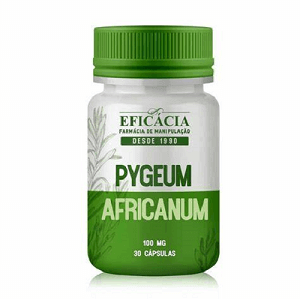
According to the experts of many clinical investigations, Pygeum spice is virtually as effective as Flomax. Men who used the spice were more than twice as likely to report an improvement in general side symptoms such as urine urgency and constant peeing. Getting up around midnight to pee decreased by 19%. Lingering pee volume decreased by 24%, but the top pee stream increased by 23%. As a result, these common Flomax options may help to reduce your BPH side effects. 3. Punarnava
Punarnava inhibits 5 alpha-reductase molecules, preventing testosterone conversion to DHT and recoiling the prostate. It includes Beta-Sitosterol, Ursolic acid, and vitamins D and E, which are important for prostate health. Ursolic corrosive contains soothing qualities that may help to reduce prostate and urethral irritation. Meanwhile, Beta-sitosterol has been shown to help alleviate the symptoms of BPH by increasing your pee stream rate. 4. Beta-Sitosterol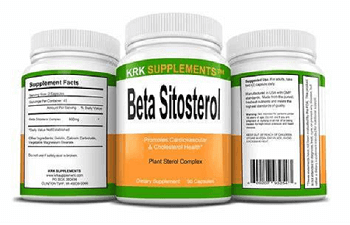
Expanding clinical research has looked into Beta-role sitosterol in supporting numerous prostate-related disorders. Several studies have demonstrated that this plant sterol can effectively relieve urinary adverse effects and reduce evening arousal. A German study administered pure beta-sitosterol to 200 men over a year, with a large proportion of them receiving sham therapy. According to the researchers, "great improvements in side effects and urine stream borders demonstrate the potential of beta-sitosterol in the treatment of BPH." Dr. Berges's research paper in 2000 highlighted the benefits of beta-sitosterol for urinary side effects. 5. Shatavari
Shatavari is a powerful spice that reduces estrogen levels, soothes inflammation, and works on the urinary tract. It also includes phytoestrogen chemicals, which compete with natural estrogen, lowering the possibility of it contributing to prostate growth. According to research, Shatavari seeks to reverse BPH by limiting protein storage in the prostate lumen. 6. Poncirus Trifoliata Fruit
This natural substance is used in traditional Oriental medicine for various conditions, including expanding, clogging, hypersensitivity, and being overly corrosive after eating. The organic product contains flavonoids and coumarins, which have previously been shown to combat allergies, infections, and cancer. In an enlarged prostate, testosterone is commonly associated with the course of events and disease progression. The body produces its 5-alpha-reductase to inhibit testosterone development, although alternatives like Flomax used for prostate expansion seek to do the same. When Korean investigators tested a drunken concentrate of the organic substance versus the doctor-recommended prescription, they discovered that the natural product extract particularly reduced testosterone levels compared to other gatherings. It slowed the movement of the expanded prostate caused by testosterone. What are Other Natural Remedies for Enlarged Prostate Available?Aside from the previously listed therapies, nature has much more to offer, but what is the finest prostate enhancement? Here are some more common Flomax alternatives and remedies that may help reduce adverse effects associated with enlarged prostate.
If unsure, see your primary care physician about these common treatments. Remember that BPH treatment extends beyond your prostate and can help safeguard your overall health in the long run. ConclusionFlomax tamsulosin is a well-known prescription for the treatment of enlarged prostate, but it is not the one to focus on. We discussed Flomax's normal choices, regular therapies, and lifestyle adjustments to treat BPH's adverse effects. These are only a few clinical journal publications claiming spices work well for prostate growth. They offer us hope that we might be free of the negative effects of prostate growth and the aftereffects of medications prescribed for the ailment.
Next TopicGabapentin Alternatives
|
 For Videos Join Our Youtube Channel: Join Now
For Videos Join Our Youtube Channel: Join Now
Feedback
- Send your Feedback to [email protected]
Help Others, Please Share









